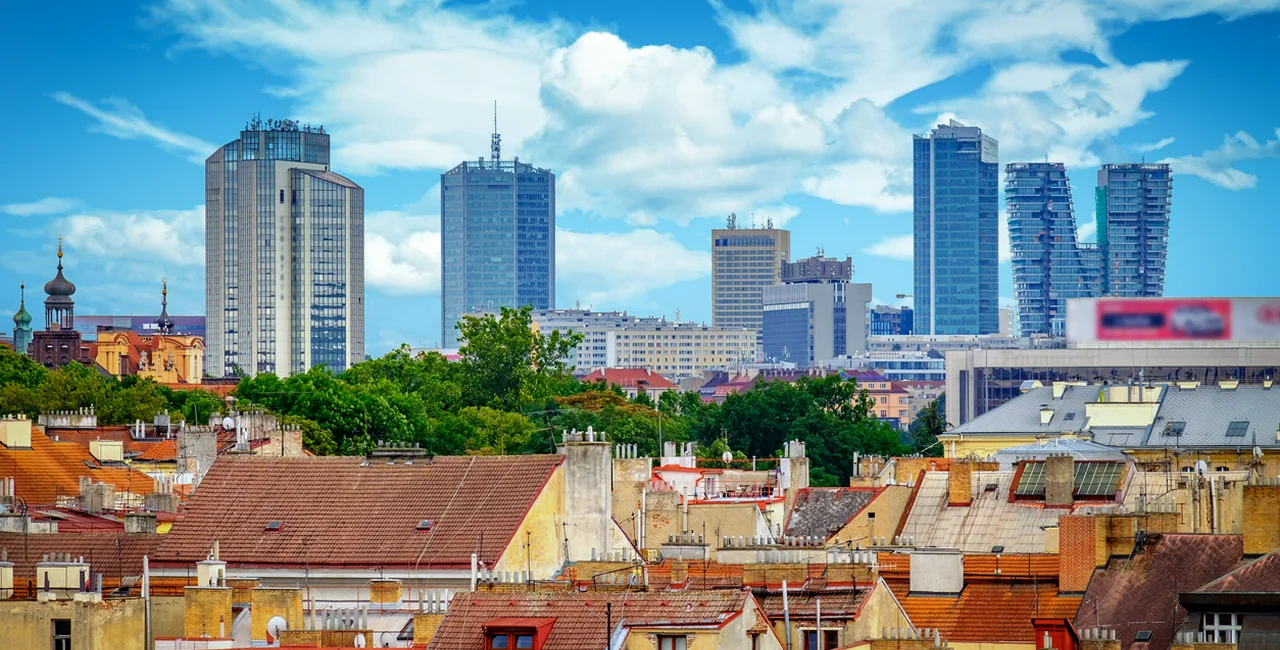The number of foreigners living and working in the Czech Republic has been rising due to a good economic situation and an unsaturated labor market. Foreigners in the Czech Republic make up more than 12 percent of total employment, according to the Czech Statistical Office (ČSÚ).
Workers from outside of the European Union are more likely to seek permanent residence in the Czech Republic. Currently, 60 percent of people from third countries have permanent residence. Workers from other EU countries are much more likely to return to their home country.
The total population of the Czech Republic is 10.7 million, and in recent years it has been boosted by net migration. Out of the whole population, including people not in the work force, one out of every 18 residents of the Czech Republic has a different citizenship than that of the Czech Republic.
According to official figures, at the end of 2018, almost 568,700 foreigners in the Czech Republic were registered at labor offices, with 64% coming from the EU and 26% from third countries. In 2004, there were 104,000 foreigners registered at labor offices, according to the ČSÚ.
Dalibor Holý, director of ČSÚ Labor Market and Equal Opportunities Department, told daily Mladá fronta Dnes(MfD)that the Czech Republic is the “Switzerland of Eastern Europe.” Foreigners come to the Czech Republic for higher earnings, which are sometimes up to three times what they can get at home.
Foreign workers also have relatively high earnings in some cases, as the Czech Republic needs specialists as well as cheap labor. The average wage for Slovaks and Romanians is over 40,000 CZK, according to MfD, while the most recently reported average was 34,000 CZK.
ČSÚstatistician Jarmila Marešová said more men come to the Czech Republic than women, and most often are between the ages of 35 to 39 years old. Men at the end of 2018 accounted for 360,000 of the foreigners registered at labor offices, while women accounted for 209,000.
Some 30% of foreigners are employed in the manufacturing industry, the largest single sector. The lowest number of foreigners is employed in public administration.
Most foreigners registered at labor offices come from Slovakia, numbering 192,000 in the Czech Republic at the end of 2018. Ukrainians were second at 121,00 and Poles were third at 45,000 followed by Romanians at 44,000. Only 4,200 people were registered from Britain and 2,200 from the US.
Foreigners workers, though, can struggle for acceptance. A STEM/Mark Poll showed that only 41% of Czechs thought foreigners worked the same or harder than Czechs, while 14.5% said they did a worse job and 44.5% couldn’t judge.
There was large disagreement over the idea that foreigners should have a higher guaranteed minimum wage than Czechs, to protect them from exploitation. Only 1% agreed outright, and 3.7% agreed if it helped to fill open jobs. Another 22.7% would favor the idea if it didn’t hurt Czech workers. The vast majority, 77.2%, thought everyone should have the same conditions.
As for the government’s idea to double the number of work permits for Ukrainians, 24.8% were in favor, while 57.2% opposed and 18% had no opinion.
Even though Czechoslovakia split in 1993, 69.9% said they did not consider Slovaks to be foreigners.












 Reading time: 2 minutes
Reading time: 2 minutes 



























